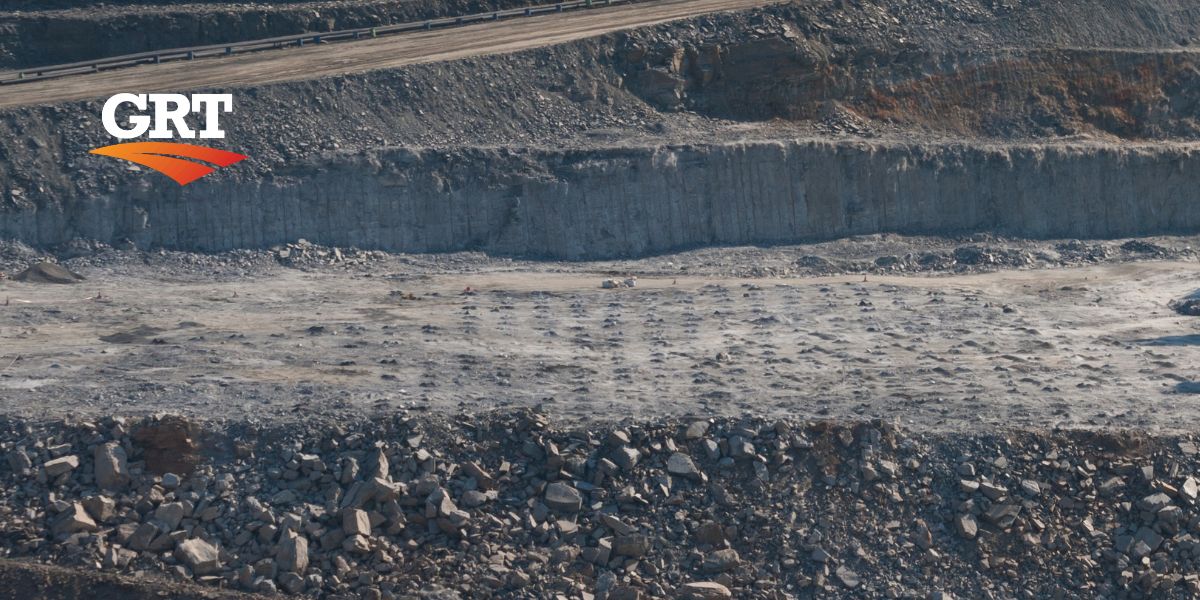Erosion control contractors usually deal with both erosion and sediment control, whereas erosion control is prevention of soil movement and thus keeping it in place, while geotextile is allowing movement of soil to certain boundary, i.e. protecting certain surfaces from contamination with soil. There are a variety of services that erosion control contractors offer, but the most common are described further in the text.
Silt fences are used to control sediment movement, e.g. not to allow it to get on the road. It allows water and wind to pass through, but not sediment. Silt fence is made of geotextile fabric and is commonly trenched underground 20 to 30 centimetres, while working height is 60 centimetres above ground. Silt fence is short-term control since it is shortly buried by the sediment.
Erosion control blanket usually consists of mulch set between two nets. The mulch is commonly made of straw, coconut, wood or plastic. The blanket can be rolled out and fixed to the ground with different fasteners. Erosion blankets can be temporary (3-12 months), long term (12-36 months) or permanent. They can also be 100% biodegradable. Anyhow, blankets have to be regularly checked and promptly repaired if needed. Otherwise, water would easily get through the hole under blanket and erode soil.
Strawmulching, as common method offered by erosion control contractors, is even distribution of hay over exposed soil. The hay alleviates the impact of precipitation water and slows down water movement over the soil. This enables more water to penetrate the ground decreasing sheet flow and the associated silt movement. In windy regions the hay has to be fixed with tackifiers not to be blown away.
Hydromulch is a type of mulch which provides moisture retention and erosion control. It is hydraulically applied as mix of tackifier and wood fiber or recycled paper. Seeds and fertilizer may also be added to hydromulch, and then the process is hydroseeding. Joined seeding and mulching is commonly used on construction sites to reduce erosion, keep seeds in place and thus support plants growing. Although very popular as part of erosion control contractors’ program, hydromulching is an expensive method and is not effective during rainy seasons.
Chemical methods offered by erosion control contractors are provided through application of soil binder or soil palliative. Materials made of vinyl, asphalt or rubber are sprayed onto surface of a soil to hold soil in place and protect from erosion caused by precipitation runoff and wind. Disadvantages of this kind of erosion control services are that chemical agents can create impervious surfaces and thus disable planting. They can also contaminate water bodies if leach from soil.
Are environmental regulations, health and safety concerns or potential profit loss a concern right now?
Global Road Technology offers quite different solution from those offered by other erosion control contractors. It excludes need for large amounts of ex situ materials and substances, their placement and maintaining. GRT product for erosion control is polymer based agent, which agglomerates soil particles and increases cohesiveness between them. Not just that GRT-ENVIRO Binder is preventing erosion, but also creates suitable conditions for planting through forming optimal porosity in soil. The optimal porosity increases soil retention time for water, nutrients and other, and thus decreases need for these elements. GRT-ENVIRO Binder is so efficient that it creates proper conditions for plants growing in even deserts with insufficient water resources and with strong winds. This product is easily applied by common watering trucks.
For more information on Erosion Control Contractors or Global Road Technology products please contact GRT.

